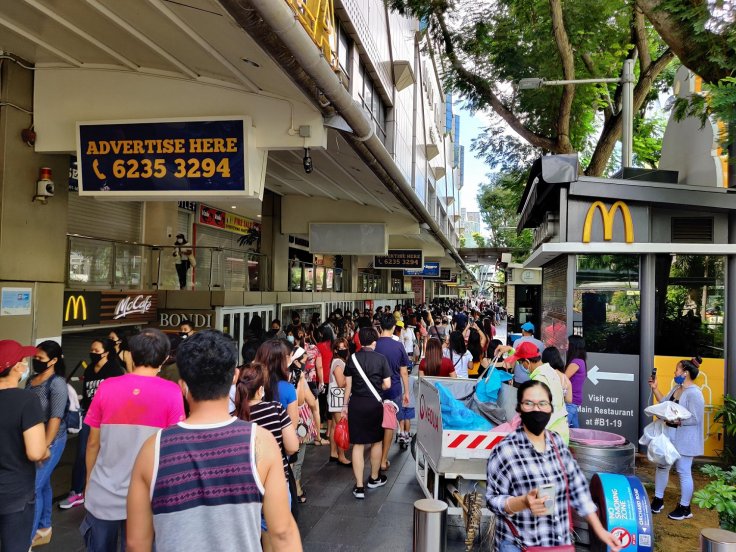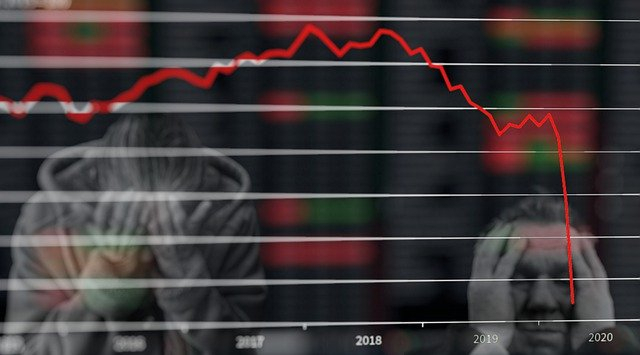The global recession is here and Singapore is already feeling the heat with over 147,500 job cuts due to the Coronavirus pandemic. On Wednesday, August 12, the city-state's Monetary Authority (MAS) has hinted at further job losses in the financial sector in second half of 2020.
This is a direct result of the economic heat Singapore has taken in the first half of this year due to restrictions imposed during the circuit breaker period. However, the financial sector including the banks, insurance and financial institutions managed to do fairly well, preventing job cuts and creating 1,500 jobs with locals taking up 75 percent of those since the COVID-19 pandemic began in January.
But that may not be the case in the next few months with the country's economy contracting by a record 42.9 percent. "The economic environment continues to be challenging. We have to expect that new job creation in the financial sector will slow, while retrenchments are likely to pick up," said Jacqueline Loh, MAS Deputy Managing Director for Markets & Development during a speech on August 12.

The financial sector is a key pillar of Singapore's economy, accounting for 13.3 percent of its GDP (Gross Domestic Products). In 2019 alone, it employed more than 170,000 workers — about 4.5 percent of the total employment — in the country which is also Asia's financial hub.
Supporting Local Employment
Like most of the countries, Singapore too hasn't been spared from the economic downturn. After reporting that its economy shrunk by 13.2 percent year-on-year, the Republic is set to contract by another five to seven percent in 2020. Hence, the emphasis will be on supporting local employment.
With the job cuts expected to cross 220,000 by the end of the year, the Ministry of Manpower (MoE) is already working on training Singapore's citizens. The MoE on Tuesday said it had already placed 24,000 people on job training programs between March and July with around 40 percent of them in PMET (professionals, managers, executives and technicians) roles.

However, the job training program so far has centered around COVID-19 response and is expected to be short-term, meaning the jobs will last for only about a year. "This reflects the fact that for short-term positions, employers [and] those on the receiving end, they will find it easier to match people," Manpower Minister Josephine Teo said.
That brings up the importance of grooming local talent in different sectors to support long-term employment which will also help the economy recover. Loh encouraged the financial sector companies to train the local talent for leadership positions.
"We have to remain open and will continue to welcome global talent that complements our workforce. Employers must, however, hire in a responsible manner and commit to growing the local talent pool," she said.
Digital Transition
With the financial sector in Singapore already leaning toward a digital future reducing dependence on manpower, job cuts are, anyway, expected. In addition, the emergence of automation through artificial intelligence (AI) in the finance sector has been another blow.

But Loh urged financial institutions to train its employees so that they could continue in the new digital system. She said that already 25 local and international companies have promised to train 5,000 employees to sustain in the all-digital future.
Most do so responsibly, by ensuring that they concurrently build the local talent pipeline in specialist expertise and groom locals into leadership positions, even as they bring in foreigners to plug immediate capability gaps.
"Building a strong pipeline of local talent, is key to supporting and sustaining a financial institution's long-term build-out in Singapore," said Loh, adding that MAS and financial institutions must work together to ensure that "Singaporeans have opportunities to grow and take on bigger roles in their careers."









